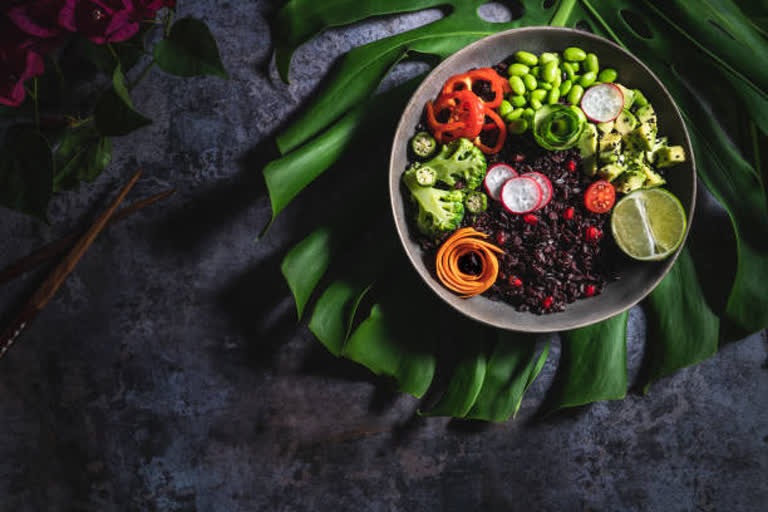Middlesbrough (England): Vegan diets have become increasingly popular over the years, especially among people looking to improve their health. Indeed, a growing body of evidence shows that plant-based diets (including vegan diets) can have many benefits for health, and have been linked to lower heart disease risk alongside decreased body weight and cholesterol levels.
However, some people are taking the vegan diet to the extreme, choosing only to eat raw plant foods that can be consumed without any cooking. Some also exclude foods that have been changed from their natural form or processed (such as oat or almond milk). Proponents of this diet claim that cooking causes ingredients to lose some of their important nutrients and enzymes. By consuming raw plant foods, they believe the diet will improve energy levels, prevent (and even reverse) disease and improve overall health. But research suggests that raw vegan diets, if followed for a long time, may cause more harm than good. Here's why:
You may miss out on important nutrients: Research does suggest that some raw foods may be healthier than cooked foods. For example, cooking causes brussels sprouts and red cabbage to lose as much as 22% of their thiamine content. This is a form of vitamin B1 which keeps the nervous system healthy.
Though some vegetables may lose nutrients during cooking, others have a greater nutrient content when cooked. This is because some nutrients are bound within the cell walls of the vegetables. Cooking breaks the cell walls down, allowing the nutrients to be released and more readily absorbed by the body. For example, when spinach is cooked, it becomes easier for the body to absorb the calcium is contains.
Research has also found that while cooking tomatoes reduces their vitamin C content by 28%, it increases their lycopene content by more than 50%. Lycopene has been associated with a lower risk of a range of chronic diseases including cardiovascular disease, cancer and heart disease. Asparagus, mushrooms, carrots, broccoli, kale and cauliflower are other examples of vegetables that are more nutrient-dense when cooked.
Cooked vegetables can also supply the body with more antioxidants. These are molecules that can fight against a type of harmful molecule known as free radicals, which can damage cells and may lead to disease over time. Some vegetables (including asparagus, mushrooms, spinach, tomatoes and broccoli) contain higher levels of the antioxidants beta-carotene (which the body turns into vitamin A), lutein and lycopene when cooked than they do when raw.
